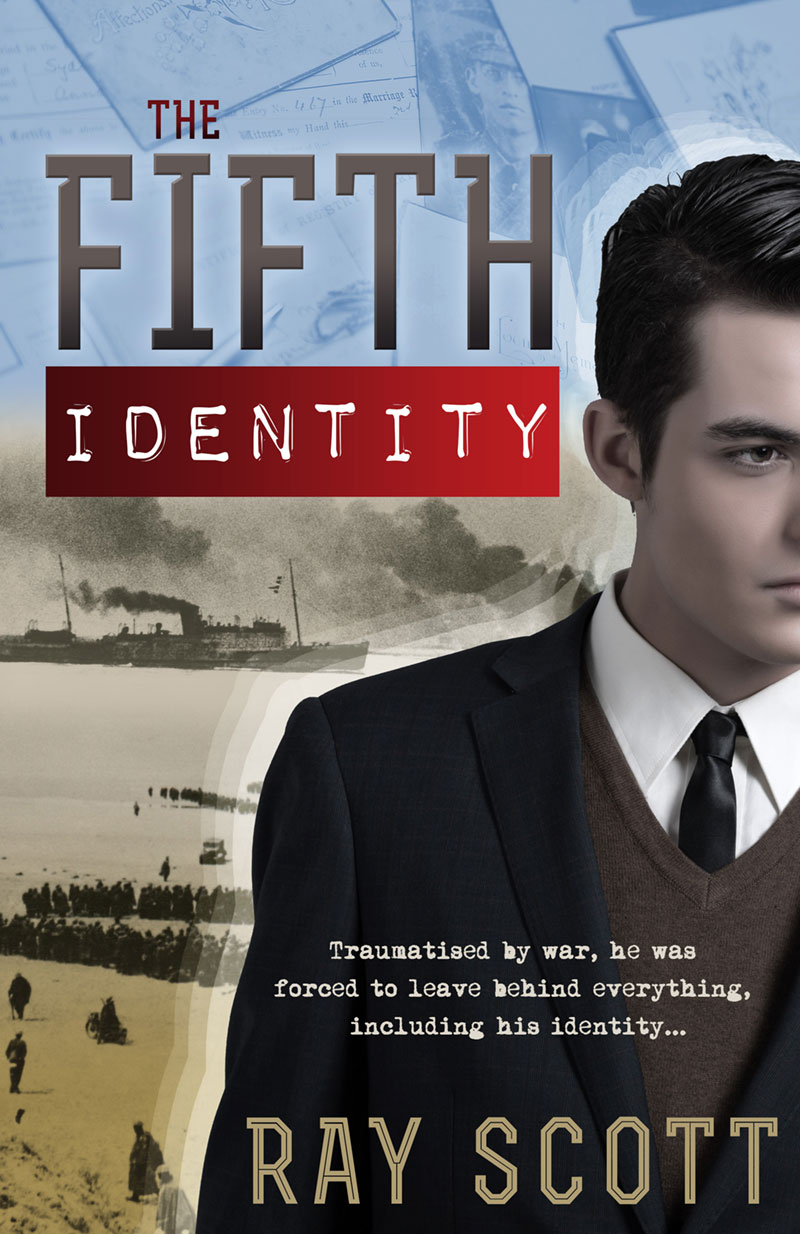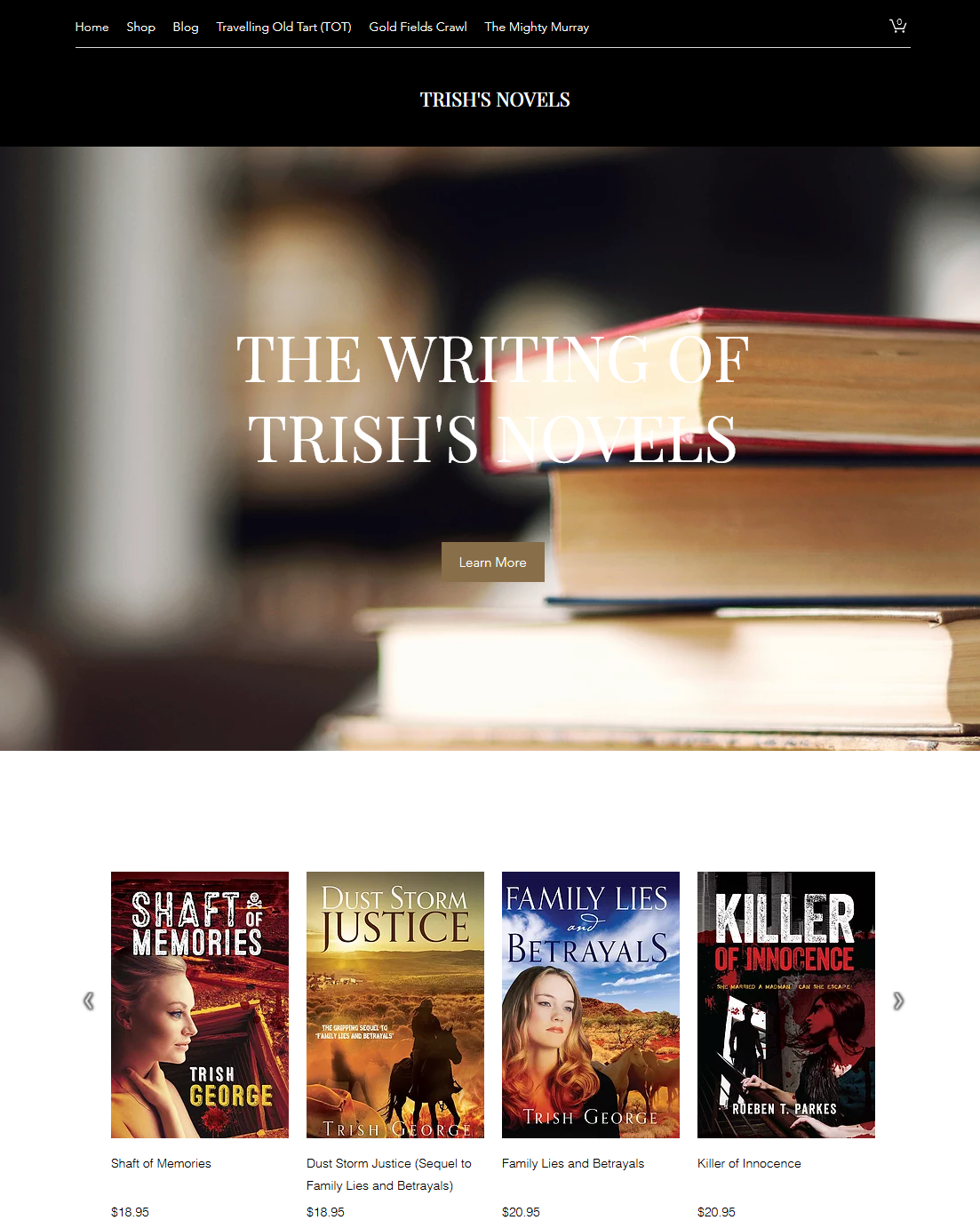On writing a series:
Writing in series is considered the way-to-go when it comes to romance. Romance readers are voracious! I attend the yearly RWA conferences and they often talk about the fact that some romance readers read 7-10 books a week! This means that when they find a set of characters or a world they enjoy, they want to keep reading.
As an author, it pays to have more books down the line to service this need. I was lucky to latch on to this pearl of wisdom while writing the first draft of Summer at Urchin's Bluff, so that allowed me to ensure there was scope to have a supporting character who will feature as the main character the next book, and so on for the following two books. I guess, in a way, writing in series is it's own form of promotion. Each book works to promote the next. Well, that's the plan anyhow!
My writing life:
I think like most of us, for me writing was always a hobby - something to get me out of my head when I was stressing about work or family or whatever. I've recently found myself with a little more time to write, and I'm loving it, but I'm yet to establish a routine around my writing. I've listened to podcasts and read books that say you should blank out some time each day to write (eg. 9 - noon). I should probably do that, but I'm loathe to, in case it sucks the fun out of it! I don't want it to feel like a chore, but I guess if I want to do this as a career, I might need to consider it. At the moment I write every day, but not at a specific time, or for a specified length of time.
Marketing and Promotion:
So, my plan with marketing is really to take it slow. I do plan to look at Facebook ads and Amazon ads (I have purchased the KDP Rocket software) for the promotion of Summer at Urchin's Bluff, but not in an extensive way. I figure once I have more books on my shelf, any money I invest in advertising will be that much more effective. I do plan to look at BookBub, but not for book one, or two for that matter. I know they're hard to get, so I might wait to start trying (maybe once all four books in the Seasons series are released). As far as social media goes, I'm only active on Facebook. I know it's better to be everywhere, but with kids and work, and the whole writing-the-books thing, I don't have the time to service a ton of social accounts. This is an area I need to become more confident in. Every time I'm about to post (even just on that one platform) I'm always thinking, 'is anyone going to care about this? Is it spamy?' (not a word, but you know what I mean). I do know that building a mailing list is super important, so I'm working on that but it's slow going. I'm okay with things taking a while to build. I want to be doing this in 20 years time, so being number 1 from day 1, with book 1 is not really my goal (I mean, I wouldn't be upset if it happened!). I guess what I'm saying is that everything I do around marketing and promotion, for me, needs to be about steadily building a readership.
Summer at Urchin's Bluff is a contemporary seasoned romance (seasoned is the term we use in the romance world for a heroine over 40). It is available for pre order now across most platforms.
Available from these outlets.























